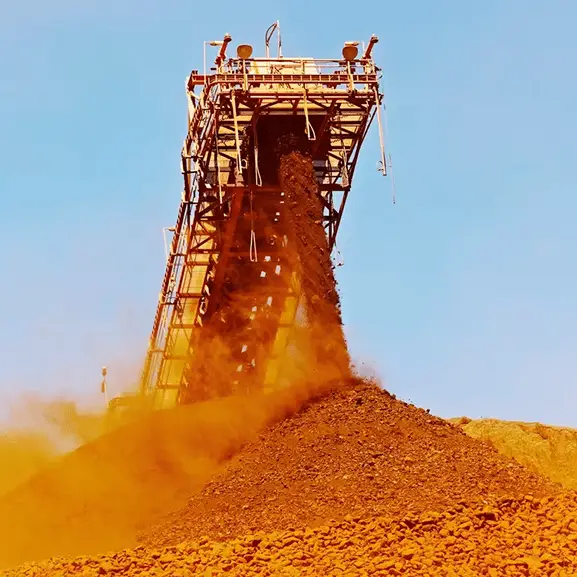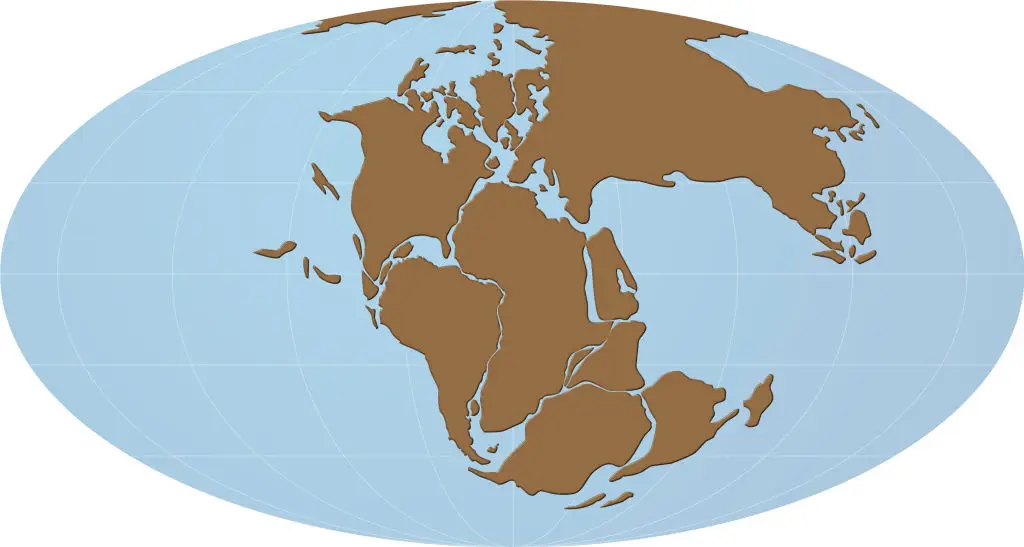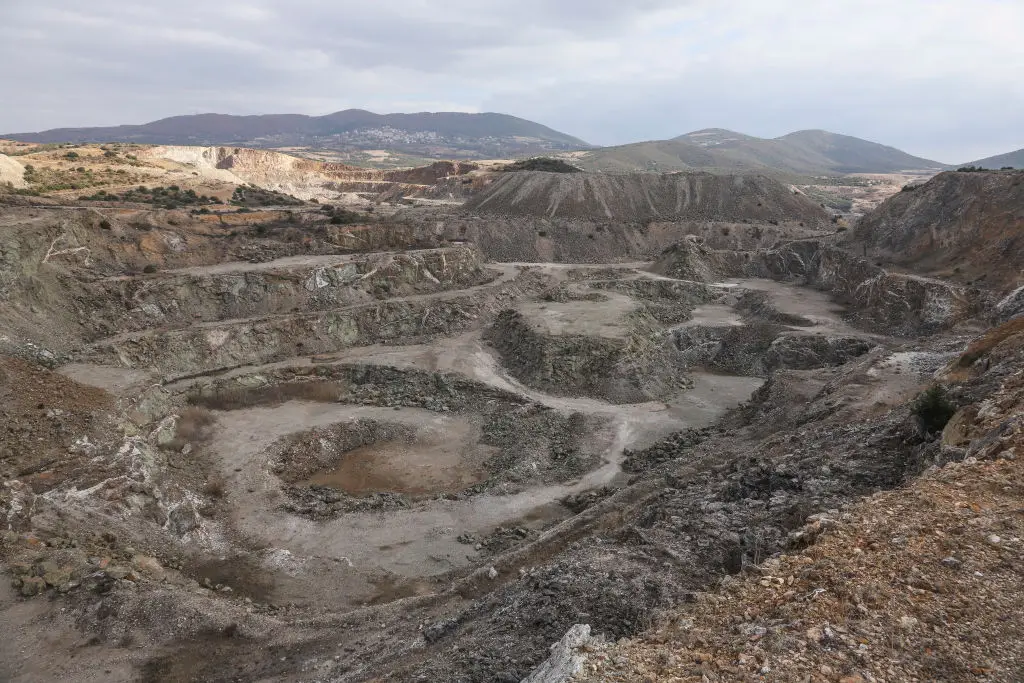
Scientists and researchers have uncovered a new discovery dating back over 1,400,000,000 years ago which has altered what we thought about the geological history of the Earth.
New discoveries are made about the Earth every year, from terrifying tribal instruments to fascinating 'Lost Cities' deep down in the ocean.
Perhaps the most fascinating of the lot though are those that uncover more about the Earth's beginnings, and these often come in the form of minerals, metals, and other rare scientific materials.
Researchers have now made quite a significant breakthrough though after discovering that the world's largest iron ore deposits actually formed much later than previously thought.
Advert
Iron pieces located in both Western Australia and and southern Africa have been linked to the Archaean Eon, which is part of the Earth's crust and is estimated to be between 2.5 and 3.8 billion years old.
It is understood that these iron deposits were formed around 1.1 to 1.4 billion years ago, but a new study has uncovered that the trigger for their formation is linked to the breakup of the supercontinent Columbia.

The breakup, estimated to have occurred 1.5 to 2.5 billion years ago, released mineral-rich fluids that allowed for the formation of these iron-rich ore deposits.
With this discovery and it's link to these large iron deposits, scientists can now have a greater understanding of the Earth's history, which could provide a domino effect to many other discoveries in the surrounding areas too.
Postdoctoral associate at the University of Colorado Liam Courtney-Davis explained that "the energy from this epic geological activity likely triggered the production of billions of tons of iron-rich rock from across Pilbara."
He went on to unveil that "the discovery of a link between these giant iron ore deposits and changes in supercontinent cycles enhance our understanding of ancient geological processes and improves our ability to predict where we should explore in the future."

This is vital not only from a scientific perspective - as we're able to learn more about Earth and its origins - but also from an industrial standpoint too, as mining operations will, in theory, be more sustainable and efficient.
Companies, armed with this information, will be able to greater predict where future metal deposits will be, which not only leads to stronger and more valuable yields but also hopefully less destructive and impactful practices too.
It remains yet to be seen how much this specific discovery will lead into further research, but with so much still to be uncovered about the history of our planet it's hard to argue that its not a fantastic launching point.
